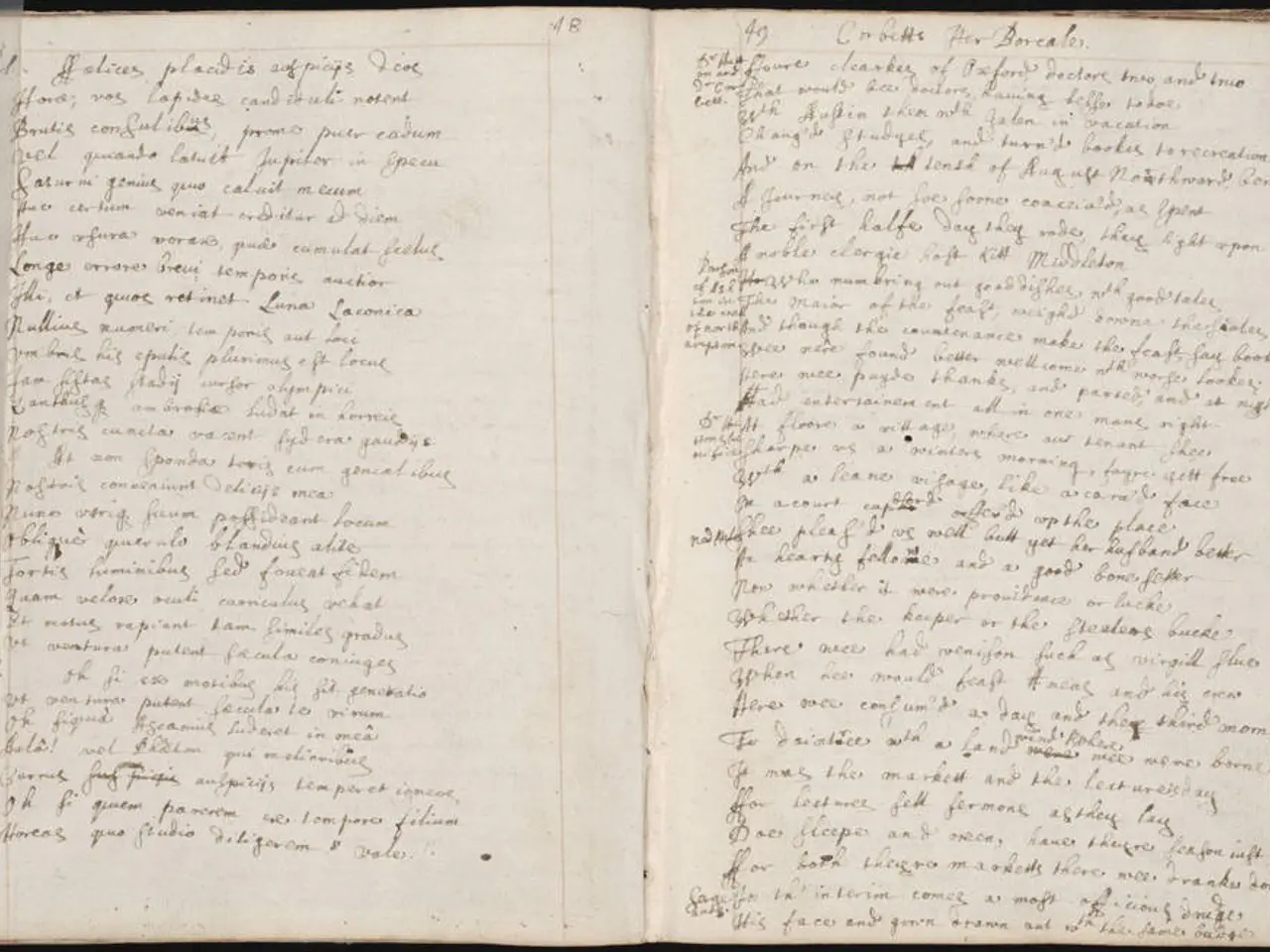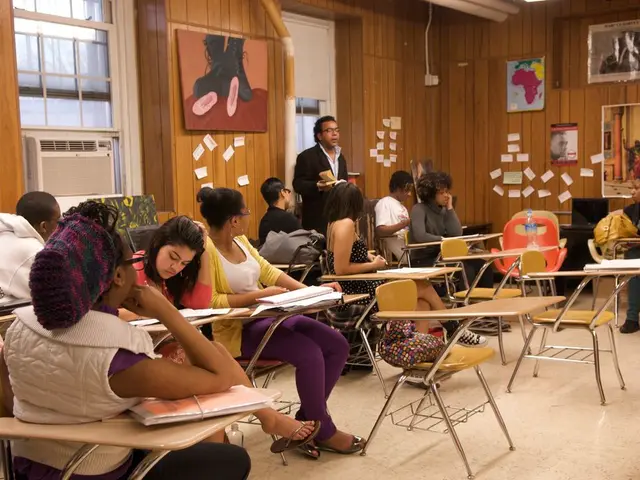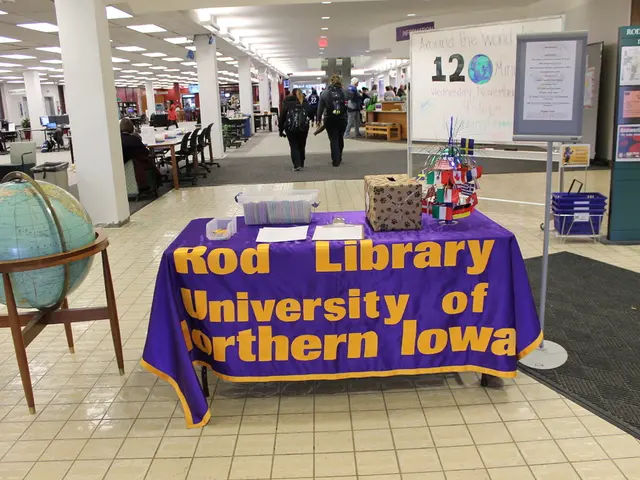Toni Morrison's Lasting Impact on Literature and Society
Toni Morrison, the towering figure in American literature, passed away at the age of 88, leaving behind a profound and multifaceted legacy that continues to inspire writers, scholars, and activists. Her work, often described as iconic, vanguard, and bold, revolutionised the literary landscape by bringing the Black experience to the forefront with emotional depth and cultural insight.
In 2015, Rachel Kaadzi Ghansah profiled Morrison for the New York Times Magazine, recognising her as a source of inspiration for future writers. Morrison's novels, such as "The Bluest Eye," "Song of Solomon," and her most renowned work, "Beloved," vividly and unflinchingly explored themes central to Black life in America, including racism, identity, trauma, memory, and cultural legacy.
"Beloved" was the first novel to allow a black woman to speak about the experience of slavery as something that happened to the body and haunted us forever. Through her storytelling, Morrison gave a voice to African American history, folklore, and social realities, blending personal and collective narratives to present a rich and nuanced portrayal of Black lives and struggles.
Beyond her work as a novelist, Morrison was a transformative figure in American publishing. As an editor at Random House, one of the nation's most prestigious publishing houses, she played a crucial role in reshaping the literary landscape by championing Black writers and cultural icons. She nurtured authors like Toni Cade Bambara, Leon Forrest, and Lucille Clifton, and empowered figures such as Angela Davis and Muhammad Ali to tell their stories authentically.
Morrison's editorial vision not only expanded opportunities for Black authors but also deepened the cultural conversation around race and identity in American literature. Her dual legacy—as a groundbreaking author and a visionary editor—helped to elevate Black voices within the literary canon, challenging the publishing industry to embrace diverse narratives and thereby influencing American culture beyond her individual works.
Despite her greatness, the establishment was often reticent to acknowledge Morrison's work. In 1988, a group of 48 black authors and thinkers published a statement in The New York Times, upbraiding the publishing industry for the oversight and harmful whimsy towards Toni Morrison and James Baldwin. Two months later, Morrison was awarded the Pulitzer Prize for "Beloved," which further solidified her place in the literary pantheon.
In a recorded interview on CBS, Morrison posed thought-provoking questions, "What are you without racism? Are you any good? Are you still strong, still smart, you still like yourself? I mean, these are the questions." Morrison refused to be seen as a victim, stating, "I'm not a victim. I refuse to be one."
Ghansah, who profiled Morrison, encourages future writers to speak with clarity, to not let anyone sanitize their voices and thoughts, and to claim their writing as a space of freedom. She describes Morrison as making spaces that were looming and heavy and grim very viable. Ghansah aims to continue writing unassimilated black literature that lifts up the love for the people, the love for the culture, and the love for the resistance that we embody in this country as a historical project.
Morrison's impact on American literature and culture is profound and multifaceted. She redefined American literature by bringing the Black experience to its forefront with emotional depth and cultural insight, expanding the scope of literary themes around race, identity, love, trauma, and liberation. As an editor, she changed industry norms, uplifting Black authors and shifting broader publishing practices. Her work continues to inspire adaptations in film and television, ensuring a lasting influence on both literature and cultural discourse.
- Toni Morrison's literary works, like "The Bluest Eye" and "Beloved," delve into themes central to Black life in America, including fashion-and-beauty, racism, identity, trauma, memory, and cultural legacy.
- As a transformative figure in American publishing, Morrison championed many emerging Black authors and cultural icons, such as Toni Cade Bambara, Leon Forrest, Lucille Clifton, Angela Davis, and Muhammad Ali, promoting personal-growth and career-development in the process.
- In the realm of entertainment, Morrison's novels have been adapted into successful films and television series, reshaping pop-culture and leaving an indelible mark on the general-news landscape.
- Beyond literature, Morrison's thoughts and interviews often touched upon broader topics like politics, crime-and-justice, and cultural discourse, expressing her views on the societal issues that plague the nation.
- Morrison's work serves as a beacon of inspiration for future writers in the fields of education-and-self-development and personal-growth, urging them to claim their writing as a space of freedom, just as she did, and to speak with clarity and authenticity.
- In the world of sci-fi-and-fantasy, Toni Morrison's influence transcends the boundaries of traditional literary genres, inspiring fellow writers to redefine the literary landscape by including diverse narratives and giving voice to unheard experiences, much like she did throughout her illustrious career.







